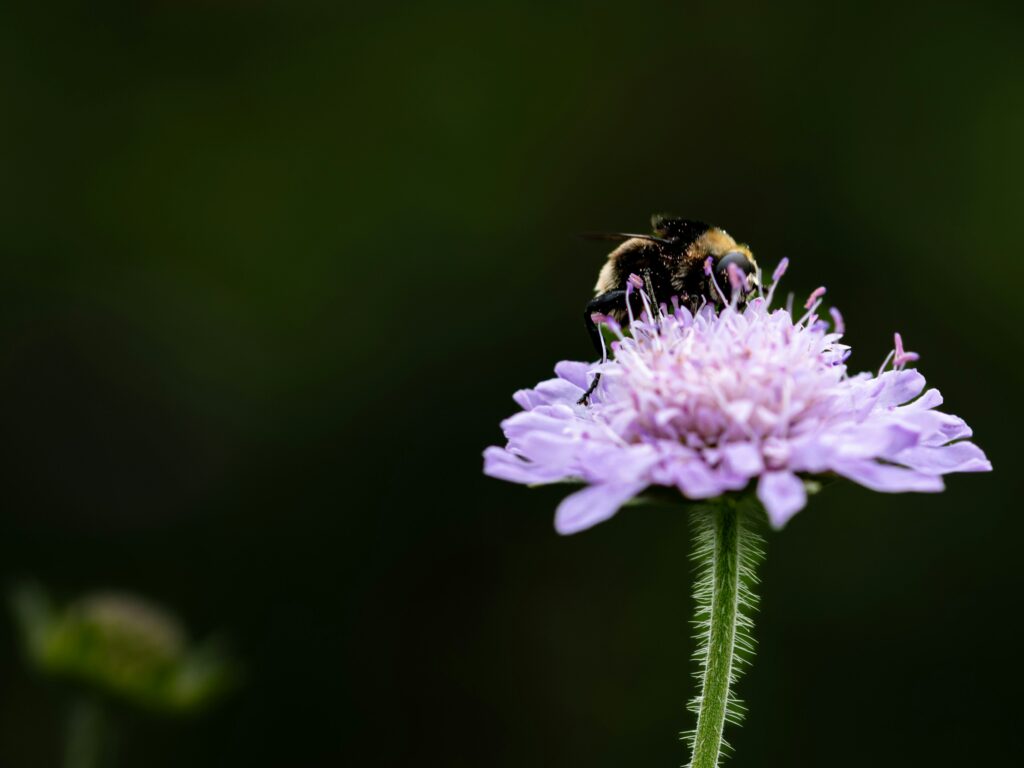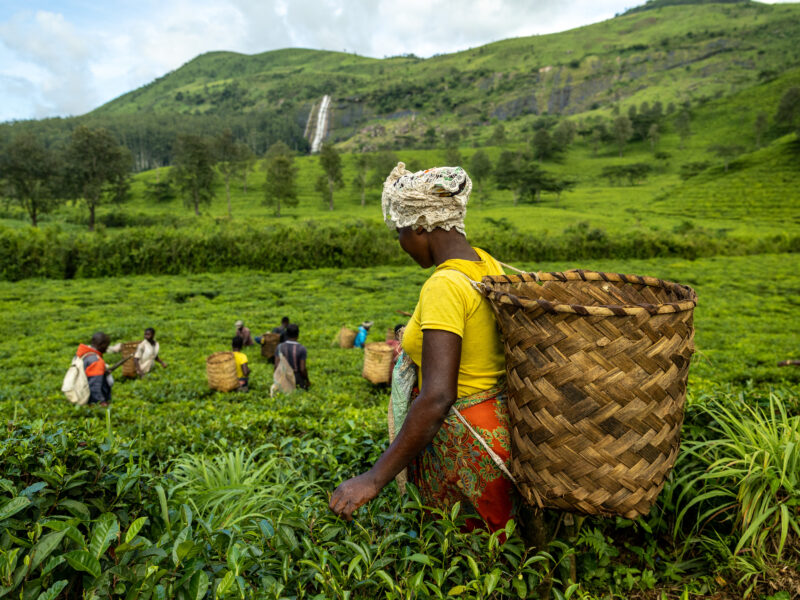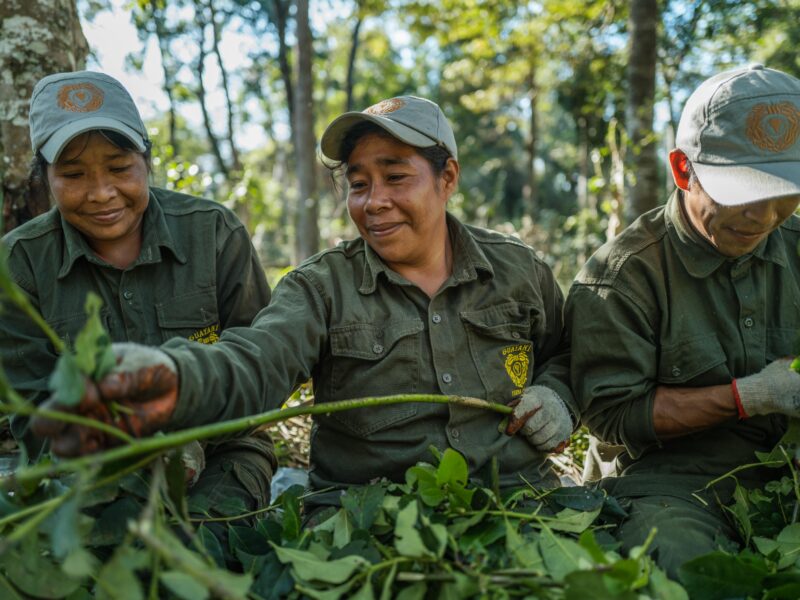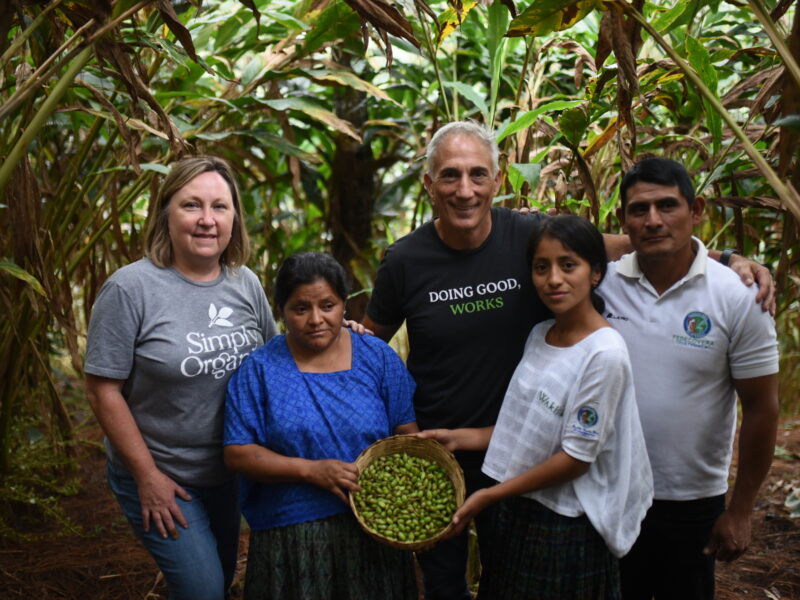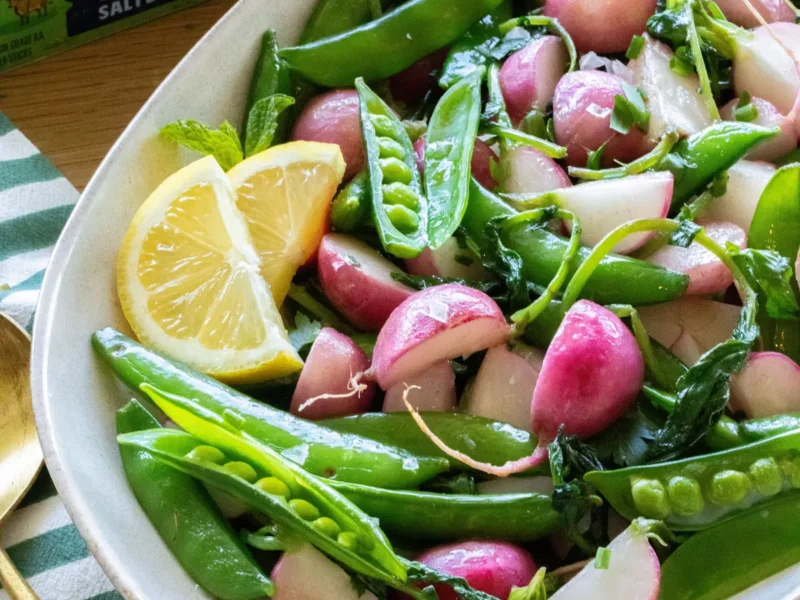Pollinators are vital to our ecosystem and food supply, but their populations are currently in severe decline. The choices we make at the grocery store have a direct impact on these crucial creatures. Non-organic farming practices, with their heavy reliance on harmful pesticides, pose significant threats to pollinators. By understanding these threats and choosing organic products, we can help protect and support pollinator populations.
Pollinators at risk: understanding the threats
Pollinators, including bees, butterflies, and other insects, play a crucial role in the reproduction of many plants. Unfortunately, their numbers are dwindling due to several factors:
- Pesticides: Non-organic farming often uses a wide array of pesticides, including neonicotinoids. These chemicals are particularly harmful to bees and other pollinators. Studies have shown that neonicotinoids can disrupt the nervous system of bees, impairing their ability to forage, navigate, and reproduce.
- Habitat loss: Urban development and monoculture farming reduce the availability of diverse habitats that pollinators need to thrive. Fields of single crops do not provide the varied diet that pollinators require.
- Climate change: Climate changes can alter the flowering times of plants, disrupting the synchronization between plants and their pollinators.
Purchases that harm pollinators
You might be surprised to learn that planting your garden or landscaping your yard can kill pollinators.
Avoid using pesticides in your own backyard, especially systemic insecticides such as neonicotinoids. The chemicals to avoid are carbamates, organophosphates, synthetic pyrethroids, chlorinated cyclodienes, and neonicotinoids, which are all highly toxic to bees.
The most widely used insecticides are a class of chemicals called neonicotinoids, or neonics. Research shows that neonics are not only a leading cause of pollinator decline but also can remain in the environment for years contaminating soil and nearby waterways. Learn more about CCD and how to help pollinators from Beyond Pesticides.
Get to know the brands and products to avoid and notify your nursery of the damage they are causing to our pollinators.
A good place to start is with this list of bee-toxic pesticides to avoid from our friends at Beyond Pesticides and The Center For Food Safety. To keep your yard and garden thriving and teeming with life for pollinators, you should avoid the products on this list.
You can learn more about how to stop using pesticides that harm pollinators in this blog.
Organic farming: A safe haven for pollinators
Organic farming practices offer a lifeline to pollinators. Here’s how:
- Pesticide-free environment: Organic farmers avoid using the estimated 900 pesticide-active ingredients allowed in non-organic farming. This includes harmful neonicotinoids. By eliminating these chemicals, organic farms provide a safer environment for pollinators to forage and reproduce.
- Biodiversity: Organic farms often use crop rotation and polyculture, which increase the variety of plants grown. This biodiversity supports a wider range of pollinators by providing a more consistent and diverse food supply throughout the growing season.
- Habitat creation: Many organic farms include wildflower strips, hedgerows, and other habitats specifically designed to support pollinators. These areas offer shelter, nesting sites, and a continuous food source.
Creating pollinator-friendly gardens at home
You can contribute to pollinator conservation by creating a pollinator-friendly garden. Here are some tips to get started:
- Plant native flowers: Native plants are well-suited to local pollinators and thrive in your region’s climate. Consider planting a variety of flowers that bloom at different times of the year to provide a continuous food source.
- Avoid pesticides: Just like on organic farms, avoiding pesticides in your garden is crucial. Use natural pest control methods, such as introducing beneficial insects or using organic-approved sprays.
- Provide water: A shallow water source, like a birdbath with stones, can provide pollinators with a much-needed drink.
- Create shelter: Leave some areas of your garden a little wild. Dead wood, leaf litter, and undisturbed soil can provide nesting sites for bees and other pollinators.
The power of your purchase
By choosing organic products, you are supporting farming practices that protect pollinators. Every organic purchase encourages more farmers to adopt pollinator-friendly practices, helping to reverse the decline in pollinator populations. Your choices matter, and together, we can create a world where pollinators thrive.
Takeaway factoids
- Did you know? One out of every three bites of food we eat depends on pollinators like bees.
- Pollinator decline: According to the UN, 40% of invertebrate pollinator species, particularly bees and butterflies, are facing extinction.
- Organic impact: Studies have shown that organic farms have up to 50% more pollinator species than conventional farms.
Let’s support our pollinators by making conscious choices. Choose organic, plant-pollinator-friendly gardens and products, and spread the word. Together, we can make a difference!

